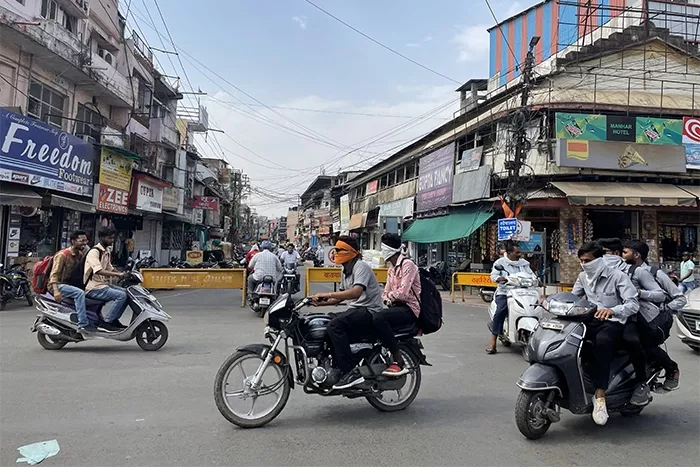India is facing the twin challenges of climate change and ongoing growth of its urban population. The pressures both challenges create play out first and foremost on city streets. They are places where millions of often very poor people try to earn a living while being exposed to extreme heat, droughts, and floods. Thanks to funding from the British Academy’s Knowledge Frontiers: International Interdisciplinary Research programme, the collaborative research project Just Transitions on Indian Streets (JusTIS) will examine how Indian cities can tackle climate change in ways that are fair, inclusive, and responsive to the realities of street vendors, gig economy workers and autorickshaw drivers.
News

Intensifying rainfall over South America revealed by new generation of climate model
Dr Marcia Zilli, Postdoctoral Research Assistant in Climate Dynamics, and Dr Neil Hart, UKRI Future Leaders Fellow, School of Geography and the Environment, explore the likelihood of increases in intense rainfall events alongside heatwaves in Brazil.
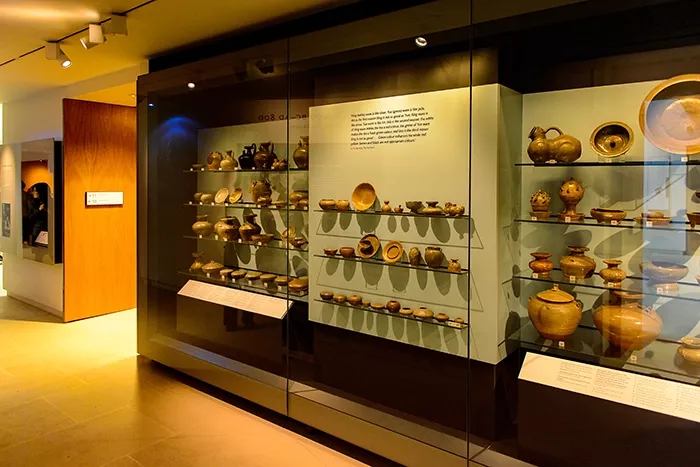
RICHeS visit to the University of Oxford: Enhancing interdisciplinary heritage science
The UK’s Research Infrastructure for Conservation and Heritage Science (RICHeS) team recently had the pleasure of visiting the University of Oxford, to meet with the team leading the Oxford Collaboration in Heritage Science Research and Engagement (OCHRE) project. Funded through the RICHeS infrastructure programme, OCHRE is led by Professor Heather Viles and is designed to enhance Oxford’s existing world-class capabilities in heritage and conservation science.
Banning wildlife trade can increase trade of other threatened species
Governments frequently impose bans to safeguard wildlife species most at risk from trade. However, an ECI researcher has been studying the extent to which banning trade in one threatened species unintentionally drives demand for other endangered species. Writing in The Conversation, Dr Diogo Veríssimo, explains how efforts to deal with the risk of overexploitation by the government of Japan, one of the world’s largest wildlife markets, resulted in a pattern known as the ‘spillover effect’ - when a species is no longer available, demand often moves to alternative species rather than disappearing entirely.
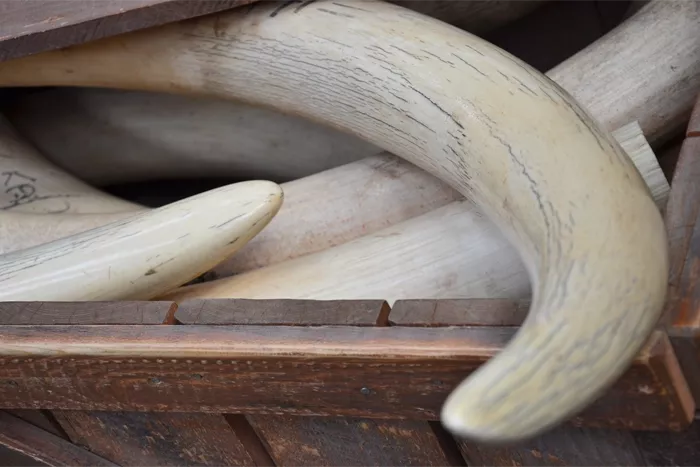
'The Water Diaries': new book highlights the drivers and inequalities in the global water crisis
Dr Sonia Hoque and Prof Rob Hope make a significant contribution to the global water crisis debate with their new book The Water Diaries.
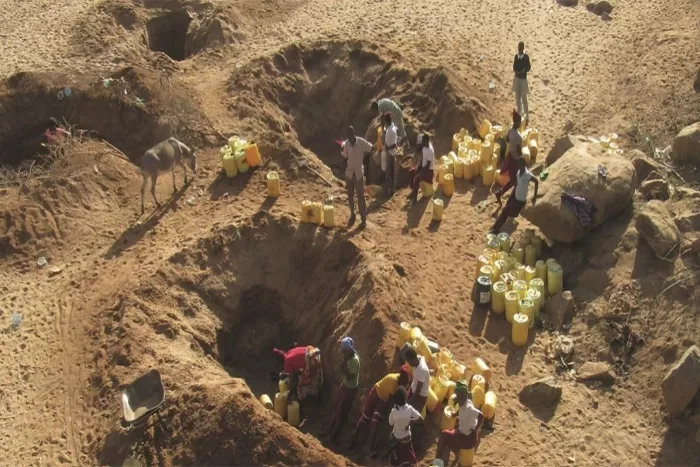
Kickstarting Heritage Innovations: Breaking new ground with old walls
Professor Heather Viles, Professor of Biogeomorphology and Heritage Conservation at the School of Geography and the Environment, talks about her pioneering research in preserving heritage sites, and her top tips on applying research into practice.
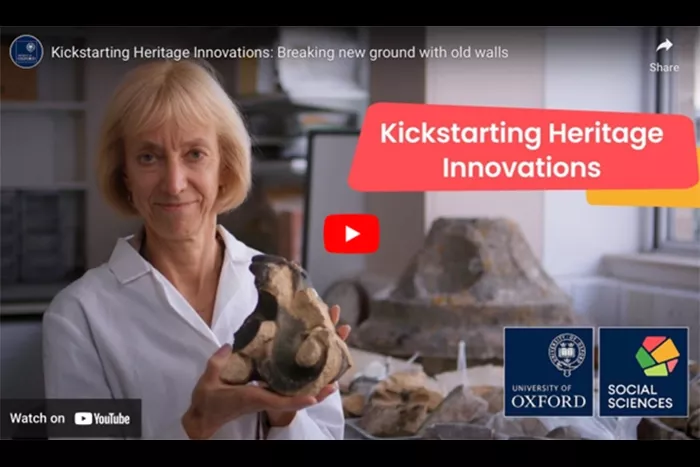
Why Rachel Reeves' reservoir plans are 'far from a solution to UK's water challenges'
In The Big Issue, Kevin Grecksch from the School of Geography and the Environment provides expert insights into the complexities of reservoirs and water companies, contributing a critical perspective on current policies and their environmental implications.
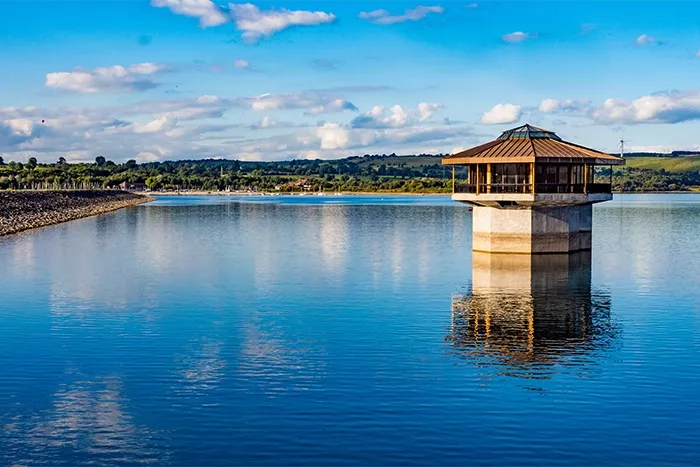
Negotiating a ‘Frozen’ Conflict in Academia: Reflections on Youth, Peace-Making & the Cyprus Divide
Ethan Chandler, a current SoGE student, will lead a discussion on research, findings and shared experiences.
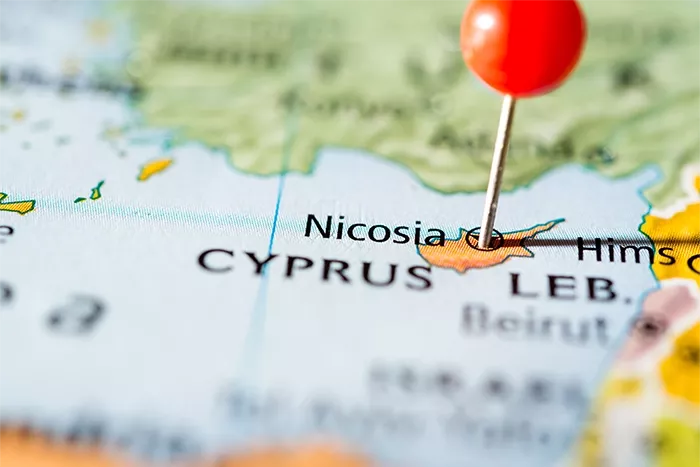
‘We think of the body as a map’: a new approach to deciphering long Covid
People with post-infectious diseases sometimes struggle to communicate the debilitating impact of their conditions. But a new technique can help them explain visually. The Visualising Long Covid research project, involving Prof Beth Greenhough, Dr Maaret Jokela-Pansini and Oonagh Cousins, is featured in The Guardian.
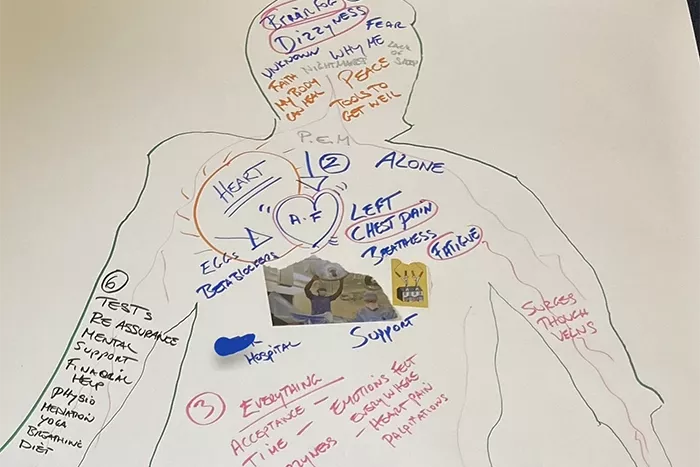
Prof Gillian Rose and Prof Linda McDowell celebrated in a new edition of Key Thinkers on Space and Place
Prof Gillian Rose, Professor of Human Geography and Fellow of the British Academy and Academy of Social Sciences, and Prof Linda McDowell, Professor Emerita of Human Geography and Fellow of the British Academy, have been included in the third edition of Key Thinkers on Space and Place (ed. Mary Gilmartin, Phil Hubbard, Rob Kitchin and Susan M. Roberts; Sage, 2024), in chapters celebrating their career achievements.
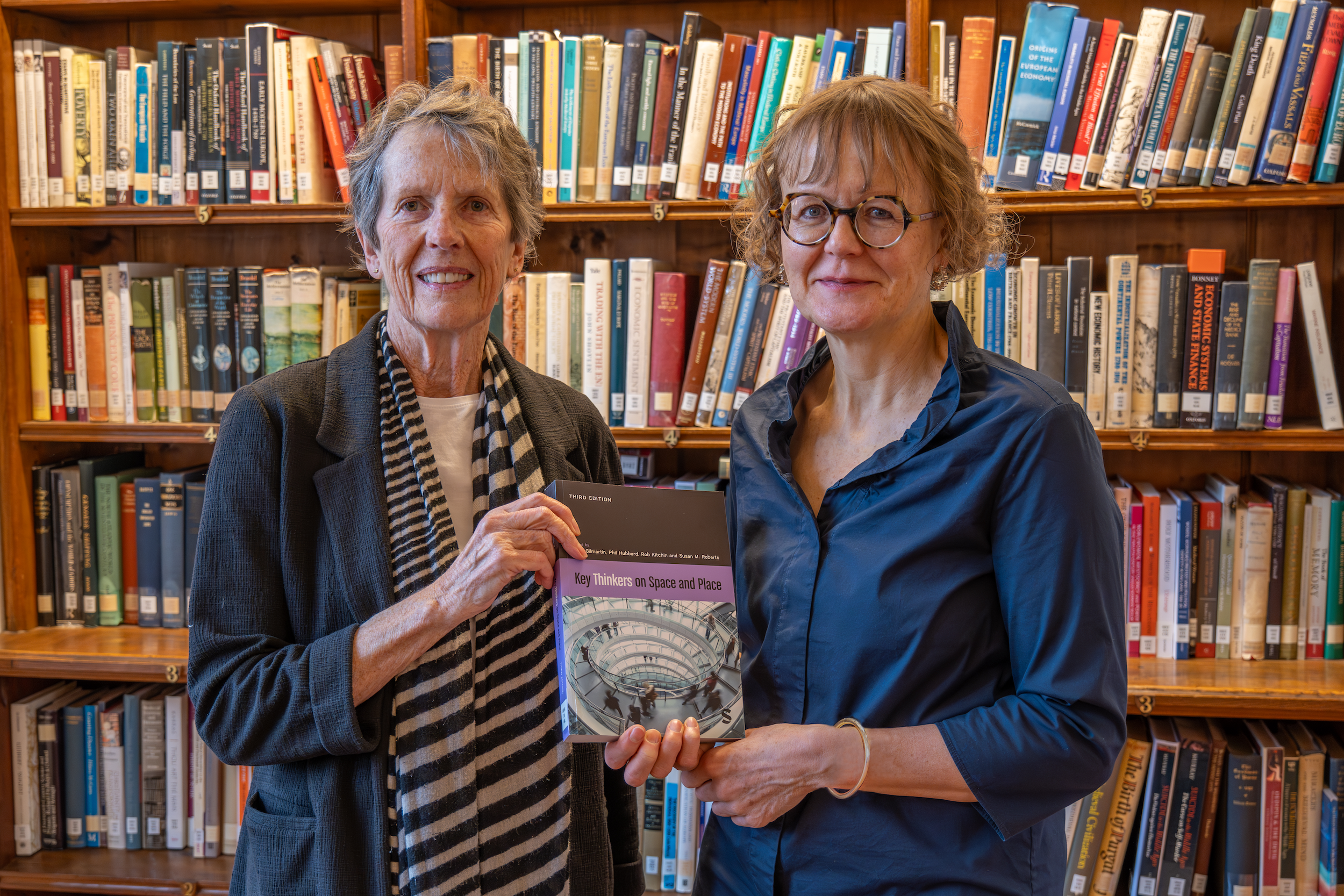
Aissa Discovers All Rhodes Lead to Oxford
Aissa Dearing, student writer and alumna of Oriel College, examines whether statues distort the memory and legacy of those commemorated and how places are experienced through the eyes of a geographer. She is a current DPhil in the School of Geography and the Environment.

The UK is surprisingly short of water – but more reservoirs aren’t the answer
Despite its rainy reputation, the UK’s public water supplies are often threatened by drought and water scarcity. Shouldn’t the country do a better job of capturing and using all its rain? Dr Kevin Grecksch, Departmental Lecturer and Course Director MSc in Water Science, Policy and Management, and Dr Kirsty Holstead, Wageningen University, explore the options in an article for The Conversation.

Interdisciplinary Life and Environmental Science Landscape Award (ILESLA) doctoral training programme deadline - 29 January
The University of Oxford, in partnership with five leading institutions, has launched the Interdisciplinary Life and Environmental Science Landscape Award (ILESLA). This ambitious doctoral training programme will prepare a new generation of creative, collaborative, and entrepreneurial researchers who are equipped to meet the complex, cross-disciplinary challenges the world faces.



